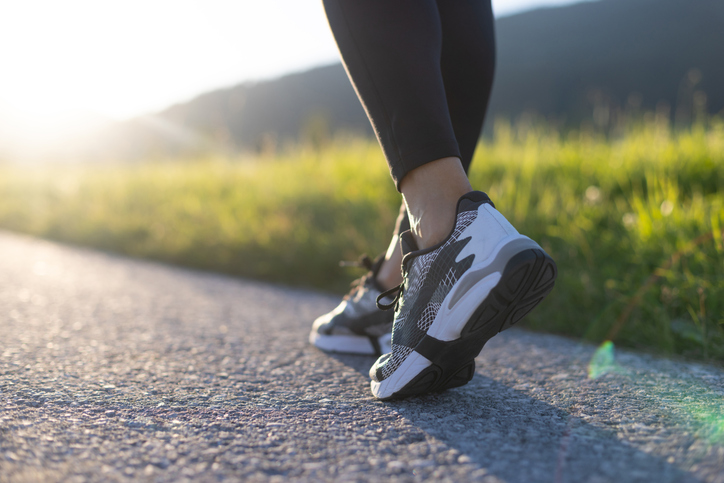In a world where substance abuse continues to impact millions of lives, drug rehabilitation stands out as a beacon of hope. For many struggling with addiction, the idea of recovery can feel distant or even impossible. But rehabilitation is not just about abstinence—it's about reclaiming control, rebuilding relationships, and rediscovering purpose.
Here’s a closer look at how drug rehab truly impacts addicts and why it can be the life-altering step toward a better future.
1. Breaking the Cycle of Addiction
Addiction is not simply a matter of willpower; it’s a complex interplay of physical dependency, psychological triggers, and environmental influences. Rehab provides a structured environment where individuals are removed from the temptations and stressors of everyday life. This safe space is crucial in breaking the repetitive cycle of use and relapse.
Through medically supervised detox and therapy, rehab helps addicts manage withdrawal symptoms and begin their journey with professional support. It's the essential first step in regaining control.
2. Mental and Emotional Healing
Addiction often goes hand-in-hand with underlying mental health issues like depression, anxiety, PTSD, or trauma. One of the most powerful impacts of drug rehabilitation is the integrated treatment approach. Most modern rehab centers provide dual-diagnosis care—treating both the addiction and any co-occurring mental health disorders.
This holistic approach ensures that individuals are not just treated for their substance use but are also given the tools to heal emotionally and psychologically. Over time, this can lead to increased self-awareness, healthier coping mechanisms, and a stronger sense of self-worth.
3. Rebuilding Relationships
Addiction doesn't just hurt the person using—it deeply affects family, friends, and loved ones. Trust is often broken, communication is strained, and relationships are tested. Rehab programs often include family counseling and group therapy sessions to help mend these connections.
When addicts begin to heal, their loved ones do too. In many cases, families emerge from the process with a deeper understanding of addiction and a stronger foundation for future support.
4. Learning Life Skills for Long-Term Success
Recovery doesn’t end when rehab does. A major focus of rehabilitation is equipping individuals with life skills that prevent relapse and support sustainable change. This might include:
- Job training or career counseling
- Financial literacy
- Time management
- Stress reduction techniques
- Communication skills
By rebuilding these everyday skills, recovering addicts are better prepared to reintegrate into society and lead independent, fulfilling lives.
5. Building a Support Network
One of the most underrated yet vital aspects of rehab is the community it fosters. Whether it's group therapy in rehab or ongoing support through 12-step programs, connecting with others who understand the struggle of addiction helps reduce isolation.
These support networks often become lifelines—offering encouragement, accountability, and shared experience. For many, these relationships are what keep them grounded long after formal treatment has ended.
6. A Renewed Sense of Purpose
Perhaps the most profound impact of rehab is the way it helps individuals rediscover purpose. When someone is deep in addiction, their world often shrinks to revolve entirely around substance use. Rehab opens the door to new goals, new passions, and a renewed belief in a better future.
Whether it's going back to school, reconnecting with children, exploring spirituality, or giving back through advocacy, countless recovering addicts find meaning in their new path—and use their story to inspire others.
In conclusion, drug rehabilitation is not a cure-all, and recovery is never a one-size-fits-all journey. But for countless individuals, rehab has been the turning point—the moment their life started to change for the better.
Recovery is real, and it is possible. With the right support, treatment, and determination, addicts can break free from the grip of substance abuse and begin a new chapter filled with hope, healing, and possibility.
If you or someone you love is struggling with addiction, don’t wait. Reach out to a licensed rehab center or helpline. The road to recovery may be tough, but every step is worth it.
Have your own tips or experiences with recovery? Share them in the comments below!
Let’s support each other.
If you need additional help with recovery, visit us in person or contact us at Hope Haven Recovery





.webp)
.webp)